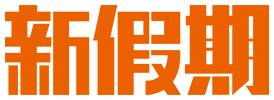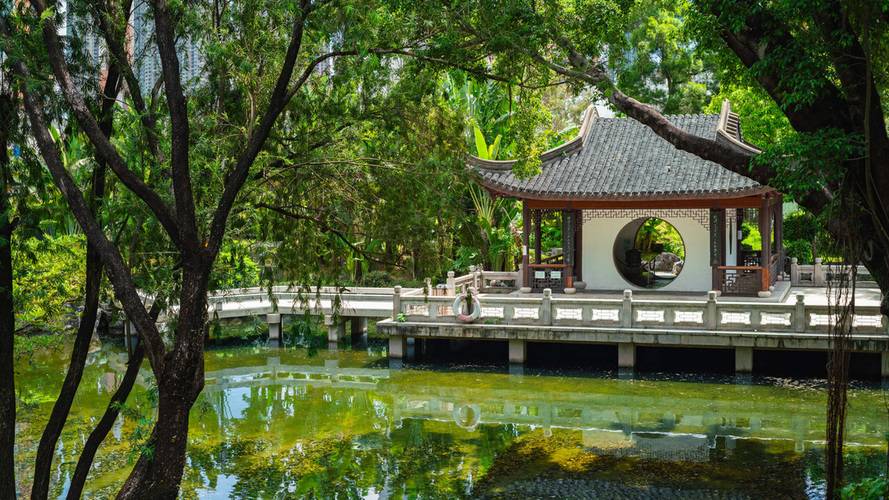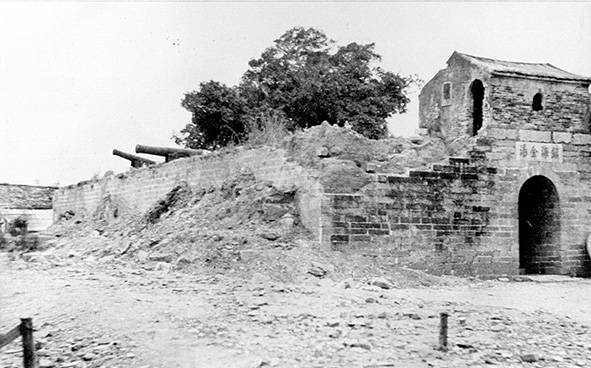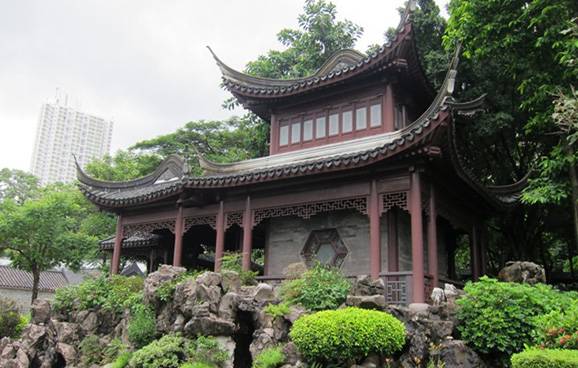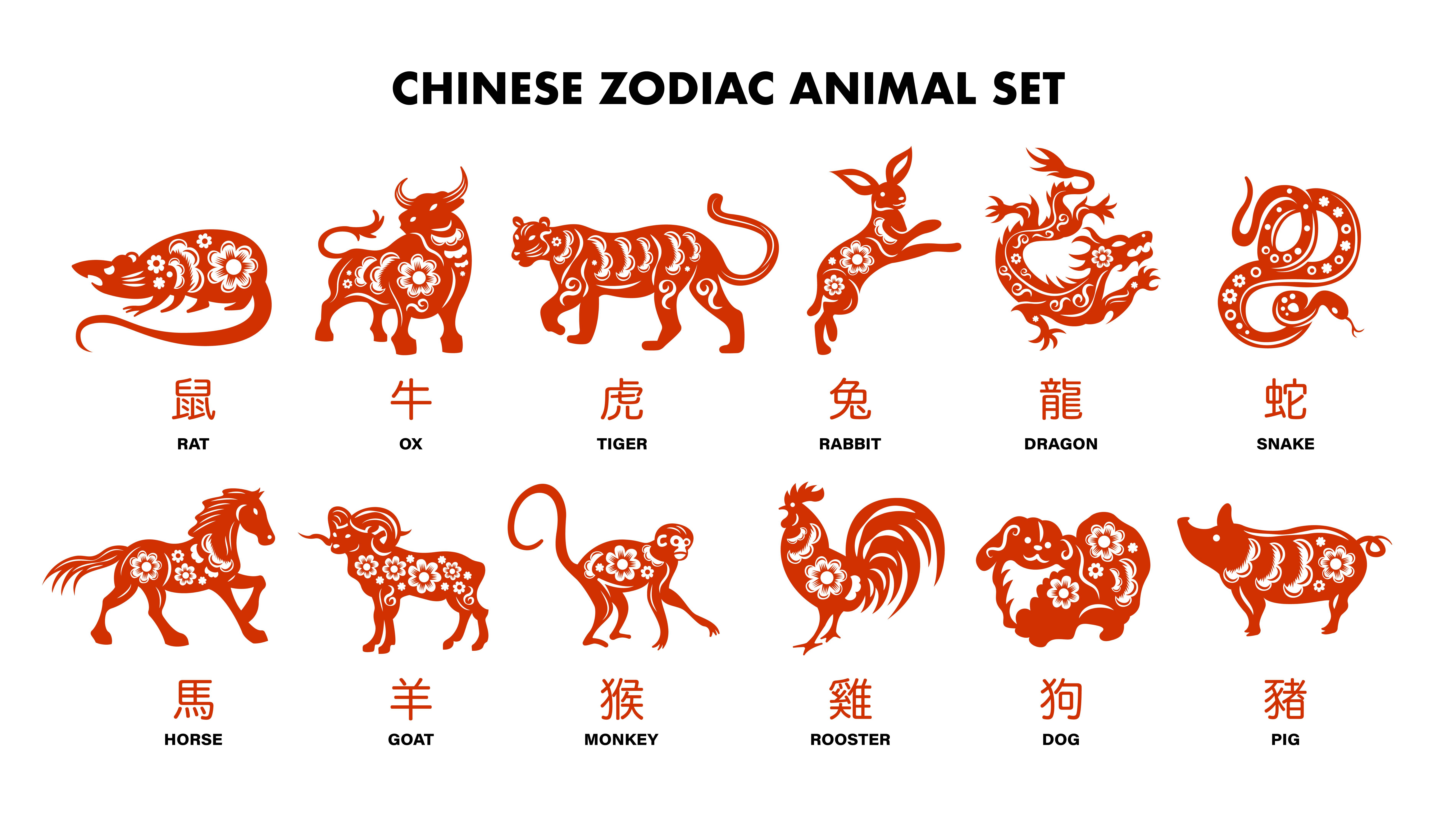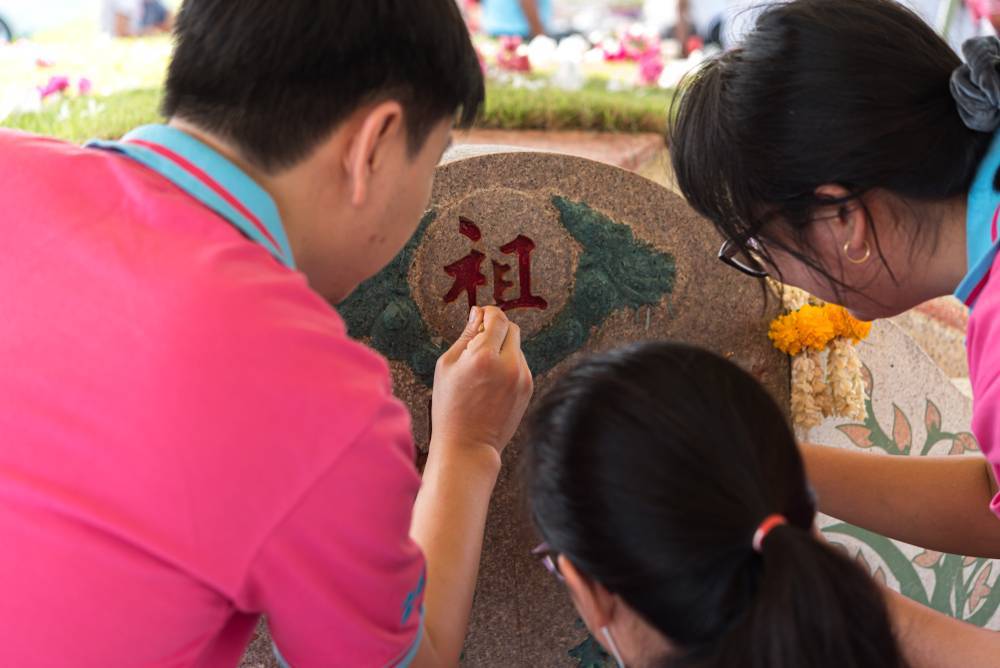Kowloon Walled City Park: A Journey through History and Serenity
Kowloon Walled City Park
Kowloon Walled City Park|Historical
Kowloon Walled City Park|Opening Hours & Admission
Kowloon Walled City Park|Getting Here
Kowloon Walled City Park|Park Map
Kowloon Walled City Park|Facilities
Kowloon Walled City Park|Contact Information
Kowloon Walled City Park|Historical
The Kowloon Walled City Park holds significant historical importance as it is located on a historic site. Originally positioned at the north-eastern corner of the Kowloon peninsula, near Kowloon Bay, the area was utilized by imperial officials in the 15th century and fortified in 1668 with the establishment of a signal station. The site gained prominence in China’s maritime defenses after the British occupation of Hong Kong Island in 1841. Between November 1846 and May 1847, a walled garrison-city was constructed, encompassing about 6.5 acres and fortified by massive stone walls, six watchtowers, and four gates.
The interior of the city housed various military buildings, including the offices of the Commodore of the Dapeng Brigade and the Kowloon Assistant Military Inspectorate. Additionally, soldiers’ quarters, gunpowder and ordnance magazines, and some civilian houses were present within the city. The garrison’s strength increased from 250 troops at its completion to over 500 in 1898/99.
In 1898, the New Territories were leased to the British for 99 years. Initially, Qing officials continued to occupy the city, but in 1899, British troops took control, expelling the Qing officials and soldiers. This transition led to a decline in civil order, eventually turning the area into a semi-lawless enclave and squatter slum.
During the Japanese occupation from 1941 to 1945, the wall was demolished, and the stones were used to extend the nearby Kai Tak airfield. After the war, unauthorized high-rise tenements lacking proper foundations were constructed throughout the site, transforming the Walled City into a notorious hub for drug activity, criminal hideouts, vice dens, and unlicensed dentists.
In 1987, with the agreement of Chinese authorities, the decision was made to clear the area and develop a park that would preserve as many original features as possible. Demolition was completed in April 1994, unearthing numerous relics that were incorporated into the park’s design or preserved as exhibits. The park, inspired by the Jiangnan garden style of the early Qing Dynasty, covers 31,000 square meters and consists of eight scenic zones. Construction began in May 1994 and concluded in August 1995, with the park officially opening on December 22, 1995. Managed by the Leisure and Cultural Services Department, the park cost $76 million to build.
Design of the Park
The Kowloon Walled City Park is designed in the early Qing Dynasty’s Jiangnan garden style. Architects from the Architectural Services Department chose this design after visiting China. The park received a Diploma at the IGO Stuttgart EXPO 93 for its design. It consists of eight landscape features that blend together, with the restored Yamen as the main attraction showcasing the former walled garrison-city’s appearance.
Kowloon Walled City Park|Opening Hours & Admission
- Park: from 6:30 a.m. to 11:00 p.m.daily
- The exhibitions room: from 10:00a.m. to 6:00 p.m. daily (Closed on every Wednesday)
- Admission: Free
Kowloon Walled City Park|Getting Here
- Address: Sung Wong Toi Station Exit B3
- How to Access:
MTRSung Wong Toi Station Exit B3 - Public Bus
- KMB
1、11K、10、75X、85、85A、85B、891、1A、2A、3B、5、5C、5D、6D、9、11、11B、11D、13D、14、15、16、17、21、24、26、27、28、42、61X、85X、93K、95、98C、203E、296C、297、2D、7B、6P、108、11X、12A、213D、113、101、106、111、116、107 - CTB
107、A22、20、22、E23A、E23 - NWFB
113、101、106、111、116、796X
- KMB
25M 、39M、46、49、70、70A、105、110、13、25A、25B、88、2、2A、69、69A
Remarks : public car parks are not available inside the Park
Kowloon Walled City Park|Park Map
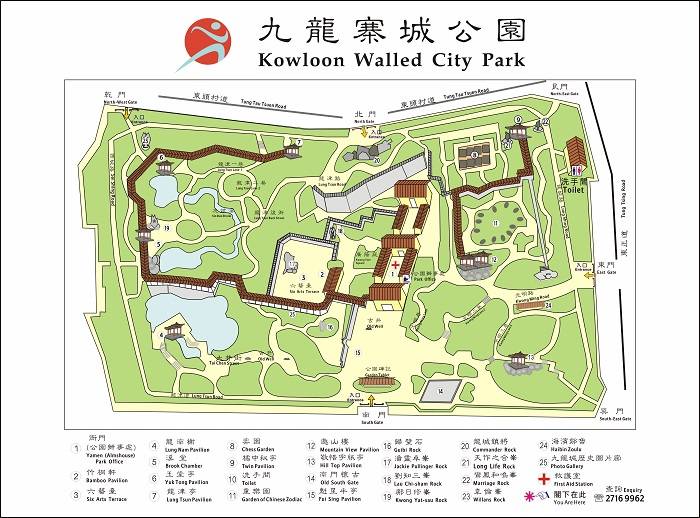
Kowloon Walled City Park|Facilities
1.A City of Thousand Faces
The exhibition opened on April 19, 2009. It includes an Outdoor Display Area and six Exhibition Rooms in the Former Yamen. Its aim is to recreate the past of Kowloon Walled City using models, images, and sound effects.
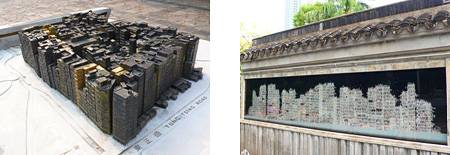
- Outdoor Display Area
The Outdoor Display Area at the South Gate of Kowloon Walled City Park features a shadow wall with an essay and a model of the pre-demolished Walled City. - Exhibition Room
- Relishing the Past
- Interactive Exhibition Rooms
2. Wedding Venue
Kowloon Walled City Park|Contact Information
Official website: https://www.lcsd.gov.hk/en/parks/kwcp/contactus.html
| Telephone: | 2716 9962 |
| Fax: | 2383 5506 |
| E-Mail: | [email protected] |
What was the original purpose of Kowloon Walled City?
The Kowloon Walled City was originally a fortified garrison-city, built in 1846-1847, with the purpose of serving as a defense outpost for China’s maritime defenses…More Details
What happened to the Kowloon Walled City during World War II?
During World War II, the wall of the Kowloon Walled City was demolished, and the stones were used to extend the nearby Kai Tak airfield…More Details

